melody
MEL-oe-dee
[English]
A tune; a succession of tones comprised of mode, rhythm, and pitches so arranged as to achieve musical shape, being perceived as a unity by the mind. In a piece of music where there is more than one voice, or where harmony is present, the melody is the dominant tune of the composition.
Example
George Frideric Handel: Samson, "Let the Bright Seraphim"
Joseph Haydn: Concerto for Trumpet in E-flat major
Wolfgang Amadeus Mozart: The Magic Flute, Act II, "Oh Isis and Osiris"
Climax: Richard Strauss: Don Juan, Op. 20
Johann Sebastian Bach: Brandenburg Concerto No. 6 in B-flat major, BWV 1051, III
Endless: Richard Wagner: Tristan und Isolde
Johann Sebastian Bach: The Art of the Fugue, BWV 1080 Contrapunctus I
Mass in Gregorian chant: Gregorian Chant:: "Alleluia: Dies sanctificatus"
Berenguier de Palou: "Tant m'abelis" Music of the Troubadours (Ensemble Unicorn)
Claude Debussy: Préludes, Book I, "La cathédrale engloutie"
Baroque: Johann Sebastian Bach: Concerto for Violin and Oboe in C minor, BWV 1060,
Gustav Holst: The Planets, Op. 32, "Jupiter, The Bringer of Jollity"
Classical: Wolfgang Amadeus Mozart: Piano Concerto No. 21 in C major, K. 467, II
Continuous Baroque: Johann Sebastian Bach: Concerto for Violin and Oboe in C minor, BWV 1060, II
Impressionist: Maurice Ravel: "Boléro"
See Also
[French] mélodie (f)[German] Melodie (f)
[Italian] melodia (f)
[Spanish] tonada (f)
Share
Tweet
Last Updated: 2016-06-05 14:59:14

